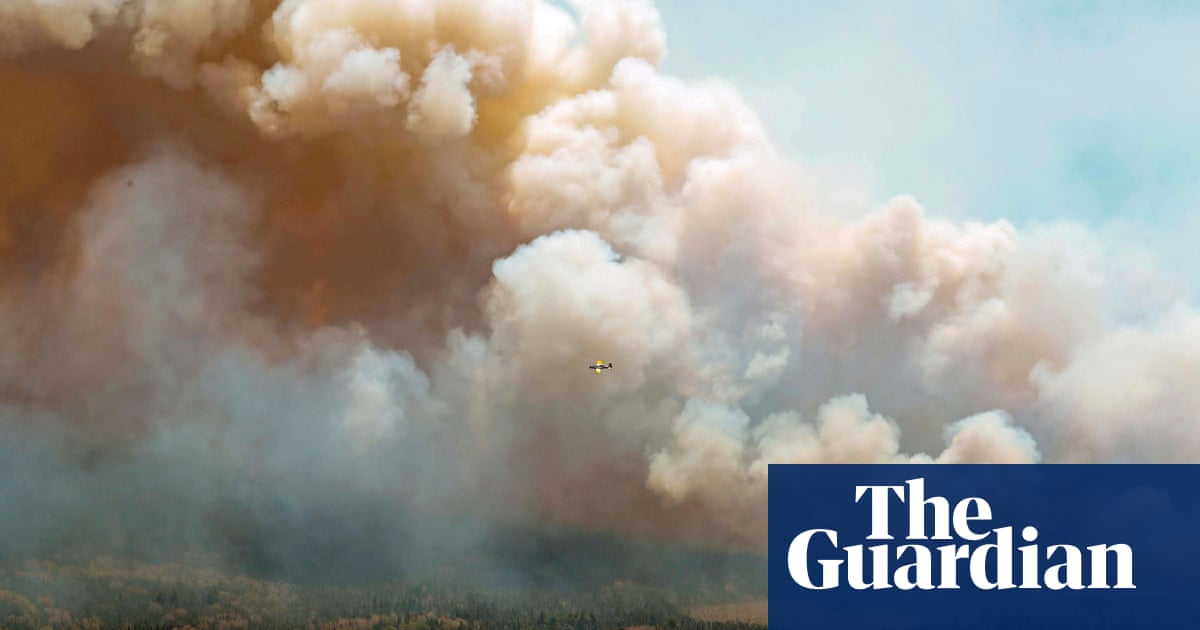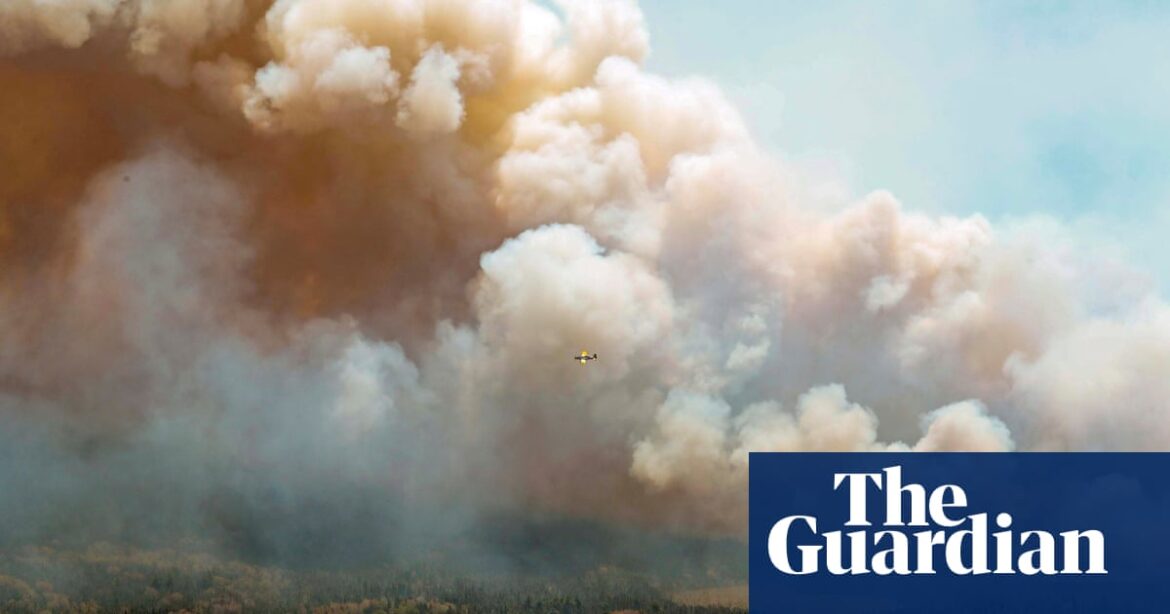
A man from Nova Scotia has been accused of causing the biggest wildfire in the eastern Canadian province.
22-year-old Dalton Clark Stewart was charged recently, shortly after a Quebec man who believed in conspiracy theories admitted to starting 14 fires intentionally and pleaded guilty to 14 counts of arson.
Stewart, who resides in Villagedale, has been charged with three offenses under the Forests Act of the province. These include starting a fire on private property without consent from the owner or occupier, not making sufficient attempts to contain the fire, and abandoning a fire without supervision.
Individuals found guilty of violating the Forests Act may receive a penalty of up to C$50,000 (equivalent to US$37,000) and a maximum prison sentence of six months.
The natural resources department of Nova Scotia stated that the court will decide the result and consequences of the charges.
In May, authorities were concerned about the wildfire that broke out near Barrington Lake. Unusually dry weather and powerful winds caused it to expand to 23,525 hectares, surpassing a record that had stood for 50 years. This put a strain on Nova Scotia’s limited firefighting capabilities. The fire also affected the air quality in the surrounding areas, prompting a warning from Environment Canada.
In a province where the usual method of measuring burned land is in hundreds of hectares, the Barrington Lake fire also revealed the susceptibility of the Atlantic province to wildfires.
In June, Tim Houston, the premier of Nova Scotia, announced that he had requested assistance from the federal government in the form of military firefighters, experts in ignition control, firefighting gear such as hoses and foam, as well as trucks and helicopters.
The fire at Barrington Lake was active for a duration of one month before being declared extinguished by the fire crews.
In other areas of the province, teams rushed to protect houses as different fires approached dangerously close to Halifax, which is the biggest city in the region.
The Tantallon fire, which resulted in the displacement of 18,000 individuals and the destruction of 150 homes, was examined by investigators to determine if any criminal responsibility could be assigned. According to CBC News, the RCMP concluded their investigation in December and found no evidence to suggest negligence or criminal activity as the cause.
However, the natural resources department of the province announced on Thursday that they are still conducting an investigation into the fire. According to their statement, the department has collected a significant amount of information, but there are strict requirements for what can be considered admissible evidence in court.
According to the Canadian Interagency Fire Centre’s final 2023 report, a total of 6,551 fires destroyed 18,496,057 hectares of land, which is significantly higher than the 1,467,976 hectares burned in the previous year. In Nova Scotia alone, 24,818 hectares of land were consumed by 217 fires.
Source: theguardian.com



